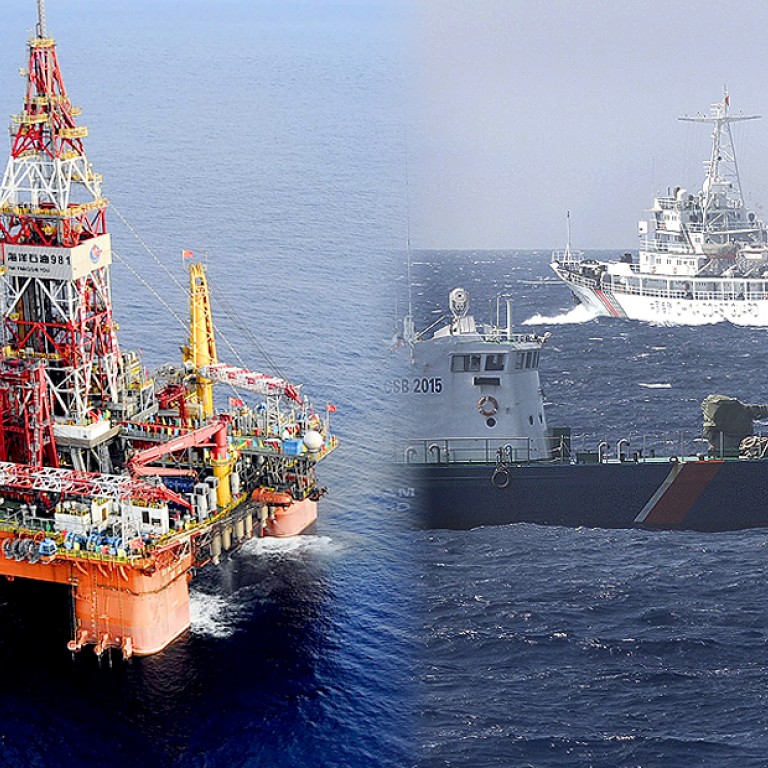
Bickering nations could develop resources together
South China Sea waters have become worryingly choppy, with Vietnam and the Philippines confronting China over alleged maritime violations. Vessels have clashed near a Chinese deep-sea oil rig and nine fishermen have been detained by Manila.
South China Sea waters have become worryingly choppy, with Vietnam and the Philippines confronting China over alleged maritime violations. Vessels have clashed near a Chinese deep-sea oil rig and nine fishermen have been detained by Manila. Tensions over territorial disputes have significantly escalated. Cool heads and diplomacy are urgently needed, but the best chance for calm lies in joint development of resources.
China has long advocated that the governments contesting its territorial claims work with it to resolve differences. Of the five, Vietnam and the Philippines have been the least co-operative, despite signing an agreement with Beijing in 2005 that should have led to joint development of rich oil and gas fields believed to be beneath the seabed. Self-interest has gotten in the way, leading to ventures with foreign partners that have raised tensions. China has strengthened its measures to safeguard resources; its moving its most advanced oil rig to waters near the Paracel Islands on May 1 led to clashes between accompanying vessels and a flotilla of Vietnamese boats.
The tension dominated an Association of South East Asian Nations' summit in Myanmar at the weekend, with Vietnam and the Philippines pushing for action against China. Asean rightly sidelined the approach, calling for restraint and making no mention of Beijing. That is as it should be; territorial disputes have to be settled by individual nations, not multilaterally.
But Asean's discipline has not brought calm. Violent anti-China protests have broken out in Vietnam, with at least 15 foreign-owned factories at an industrial park being vandalised. As Manila pushes ahead with prosecuting the fishermen for poaching, it claims China is building an airstrip on a reef in another disputed island chain, the Spratlys.
Foreign Minister Wang Yi was told by US Secretary of State John Kerry that China was being "provocative". The US cannot be relied on to reassure countries worried about China's growing power. American President Barack Obama's recent regional visit failed to do that, as the new tensions prove.
Working with China, not against it, is the most sensible way forward. Britain and Norway used that approach in 1976 to forge a landmark joint venture agreement on oil and gas in the North Sea. Both benefited, leading to gains, wealth and peace. It is a model that could easily be adopted in the South China Sea. For it to succeed, though, Southeast Asian governments would first have to put aside mistrust, politics and nationalism.

